What is your role?
No matter what you role is we have something that caters to your needs.
Recommended Training Courses for Product Managers
The Product Manager is a key position that sets the tone for product leadership and the definition of success in the organization. They are expected to use modern product management practices and mindsets daily. The Product Manager is accountable for and has the authority to maximize the product’s value and the Product Backlog’s effectiveness.
Product Managers come in many forms and may retain accountability from several different skill backgrounds:
- The Visionary
- The Collaborator
- The Customer Representative
- The Decision Maker
- The Experimenter
- The Influencer
All of these skills are required in some degree to be a successful Product Manager.
Recommended courses for Scrum Teams
The fundamental unit of Scrum is a small team of people, a Scrum Team. The Scrum Team consists of one Scrum Master, one Product Owner, and Developers. Within a Scrum Team, there are no sub-teams or hierarchies. It is a cohesive unit of professionals focused on one objective at a time, the Product Goal.
Scrum Teams are cross-functional, meaning the members have all the skills necessary to create value each Sprint. They are also self-managing, meaning they internally decide who does what, when, and how.
The Scrum Team is small enough to remain nimble and large enough to complete significant work within a Sprint, typically 10 or fewer people. In general, we have found that smaller teams communicate better and are more productive. If Scrum Teams become too large, they should consider reorganizing into multiple cohesive Scrum Teams, each focused on the same product. Therefore, they should share the same Product Goal, Product Backlog, and Product Owner.
Recommended Courses for Lean-Agile Practitioners
Practitioners are the influencers of the organisation. They are usually respected experts that have extensive experience on and around teams delivering products. They can fulfil the accountabilities of Scrum Master, Agile Coach, or other Servant Leadership positions.

Influenced by situation and context, there are many stances that can be used by a lean-agile practitioner to help teams, products, and organisations effectively maximise the value of the work done.
Coach the Coach
Training is only part of the story of a Scrum Master or Agile Coach. We provide ongoing support and coaching for you to improve your skills and be able to ask the right questions.
Coaching
Coaches will identify their coaching styles and learn how to most effectively apply that style to create high-performing teams.
Feedback
Coaches will develop their understanding of eliciting meaningful feedback from teams and applying it to continuous improvement. They will learn new retrospective formats and techniques for creating a psychologically safe environment.
Professional Development Plan
Coaches will learn to assess where they stand in each dimension that makes a Scrum Coach great and build a personal backlog to help guide their professional development.
Recommended courses for Leaders
What is leadership? A simple definition is that leadership is the art of motivating a group of people to act towards achieving a common goal. In a business setting, this can mean directing workers and colleagues with a strategy to meet the company’s needs. This leadership definition captures the essentials of being able to inspire others and being prepared to do so.
We want to be able to turn managers into leaders to better support your business.
Recommended courses for Developers
Developers are the people in the Scrum Team that are committed to creating any aspect of a usable Increment each Sprint. The specific skills needed by the Developers are often broad and will vary with the domain of work. However, the Developers are always accountable for:
- Creating a plan for the Sprint, the Sprint Backlog;
- Instilling quality by adhering to a Definition of Done;
- Adapting their plan each day toward the Sprint Goal; and,
- Holding each other accountable as professionals.
